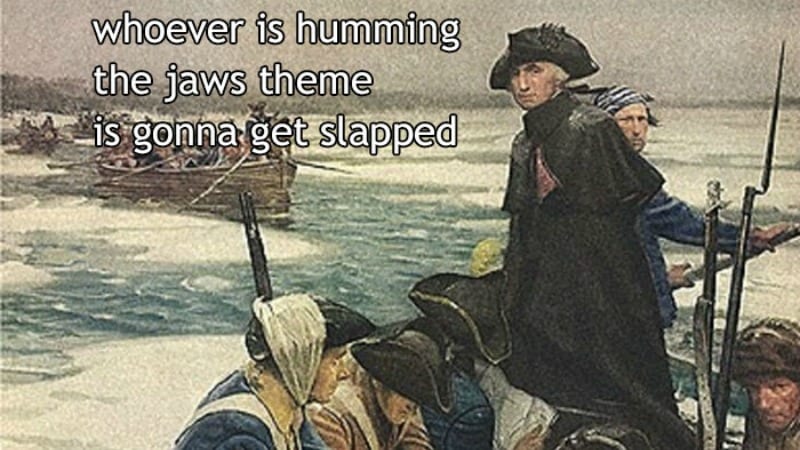
Humor and laughter have been a part of human culture since ancient times. The first recorded joke dates back to 1900 BC in Sumeria. It was a fart joke, which goes to show that some things never go out of style. Jokes have evolved over time, but their purpose remains the same - to make people laugh and forget their troubles, even if it's just for a moment.
The Middle Ages

During the Middle Ages, jesters and troubadours entertained royalty and peasants alike with their jokes and songs. They often relied on physical humor, such as pratfalls and exaggerated movements, to get a laugh. Some of the humor was crude by today's standards, but it was a way for people to escape the hardships of their daily lives.
The Renaissance

The Renaissance brought about a more sophisticated form of humor. Satire and parody were popular, poking fun at society and its leaders. William Shakespeare is known for his witty wordplay and puns, which are still appreciated today. The printing press allowed jokes to reach a wider audience, and joke books became popular.
The 18th and 19th Centuries
:max_bytes(150000):strip_icc()/funny-history-memes-5c49e57e46e0fb00016a4bd3.jpg)
The 18th and 19th centuries saw the rise of the stand-up comedian. Comedians such as Charlie Chaplin and Buster Keaton used physical comedy to great effect. Vaudeville shows were popular, featuring a variety of performers including magicians, singers, and comedians. Mark Twain and Oscar Wilde were known for their humorous writings, and the first comic strips appeared in newspapers.
The 20th Century

The 20th century saw the rise of radio and television, bringing comedy into people's homes. The Marx Brothers, Laurel and Hardy, and Abbott and Costello were popular comedic duos. Lucille Ball and Carol Burnett were pioneering female comedians, and Johnny Carson hosted The Tonight Show for 30 years. The 1980s saw the rise of stand-up comedians such as Eddie Murphy, Robin Williams, and Jerry Seinfeld.
Modern Day

Today, jokes are everywhere, from social media to late-night talk shows. Comedians like Ellen DeGeneres, Dave Chappelle, and Trevor Noah have huge followings. Memes and viral videos provide instant humor, and podcasts allow comedians to reach a global audience. The internet has also brought about a new form of humor - trolling and satire. While not always in good taste, it shows that humor is still an important part of our lives.
The Psychology of Jokes

Why do we find jokes funny? It's not just because they make us laugh. Laughter has been shown to have physical and emotional benefits, reducing stress and improving mood. Jokes also allow us to connect with others, sharing a moment of laughter and breaking down barriers. The unexpected twist or the play on words in a joke can also stimulate our brains, making us feel clever and satisfied.
The Future of Jokes

As long as there are people, there will be jokes. As technology continues to advance, we may see new forms of humor emerge. Virtual reality could allow us to experience jokes in a whole new way, while artificial intelligence may create new types of comedy. Whatever the future holds, one thing is certain - we will always need a good laugh.